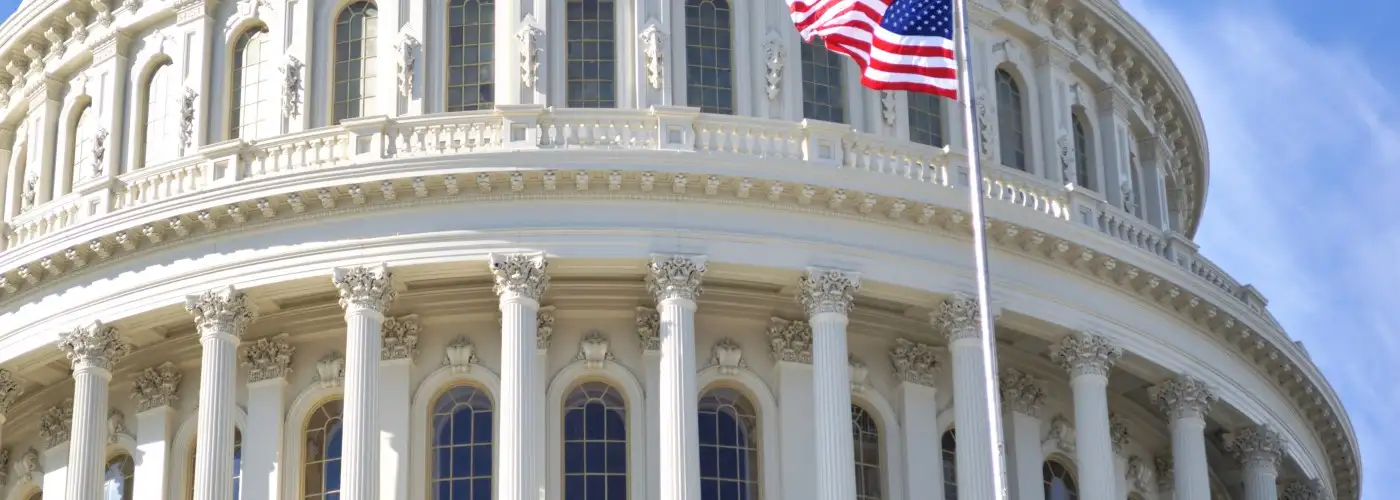Florida resident Alan Grayson has accrued a whopping 10 million frequent-flyer miles. And like many mileage-collectors, he’s hopping mad about the airlines’ continual devaluation of their loyalty programs, and their callous disregard for his best interests as a program member.
Unlike most dissatisfied frequent travelers, however, Grayson is in a position to translate his frustration into federal regulation. He’s a member of the House of Representatives (D-FL), and in that capacity he has formally requested that the Department of Transportation conduct an audit of the airlines’ frequent flyer program policies and practices.
As the DOT memo outlining the audit’s scope makes clear, the department has little power over the programs’ rules, which are left to the airlines’ discretion. But, according to the memo:
DOT does require that airlines disclose their frequent flyer program rules. DOT also provides guidance to airlines for disclosing costs they may assess related to bookings of frequent-flyer award travel. Failure to adhere to DOT’s guidance could constitute an unfair and deceptive practice in which enforcement actions can be pursued against the airlines.
A key aspect of the airlines’ rules disclosures is timing. Last-minute and even after-the-fact announcements of award-price increases and other consumer-unfriendly moves have been a continuing source of irritation among frequent travelers. So, how far in advance of a rule change — particularly one which results in a program devaluation — should the airlines alert program members?
There was a time, in the 1980s and 1990s, when airlines routinely gave program members 12 months’ notice of changes that negatively affected their programs. That advance-notice standard was based on recommendations from the National Association of Attorneys General, which saw fit to weigh in on the matter. (The full text of the NAAG’s 1988 “Task Force Report and Recommendation” is included as an appendix to the summary of the Morales v. TWA case, here.) Although the NAAG guidelines never had the force of law, they were considered fair and reasonable.
In the years since, that policy, and the respect and consideration for the consumer that underlie it, has been gradually undermined, replaced by terms and conditions that reserve for the airlines the right to “change the program rules, regulations, travel awards, and special offers at any time with or without notice.”
And indeed, today airlines routinely implement consumer-unfriendly program changes with little or no advance notice.
The DOT would do well to dust off those old NAAG guidelines and upgrade their status to that of binding regulations. In the larger scheme of things, that would be a small step. But in this case, a small step back would be a step in the right direction.
Reader Reality Check
What should the government require from airline loyalty programs?
This article originally appeared on FrequentFlier.com.
We hand-pick everything we recommend and select items through testing and reviews. Some products are sent to us free of charge with no incentive to offer a favorable review. We offer our unbiased opinions and do not accept compensation to review products. All items are in stock and prices are accurate at the time of publication. If you buy something through our links, we may earn a commission.
Related
Top Fares From
Today's Top Travel Deals
Brought to you by ShermansTravel
12-Night Peru Escorted Tour, Incl. Sacred...
Wingbuddy
 vacation
$2198+
vacation
$2198+
Amsterdam to Copenhagen: Luxe, 18-Night Northern...
Regent Seven Seas Cruises
 cruise
$12399+
cruise
$12399+
Ohio: Daily Car Rentals from Cincinnati
85OFF.com
 Car Rental
$19+
Car Rental
$19+




